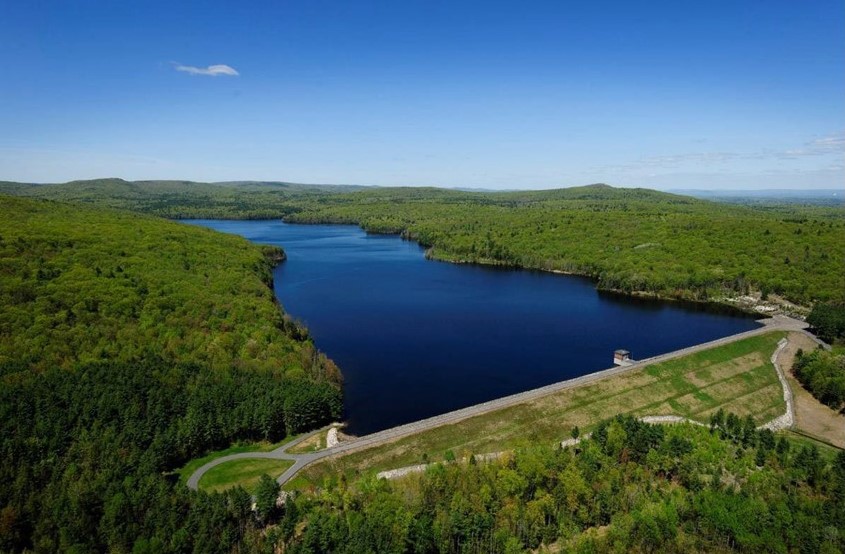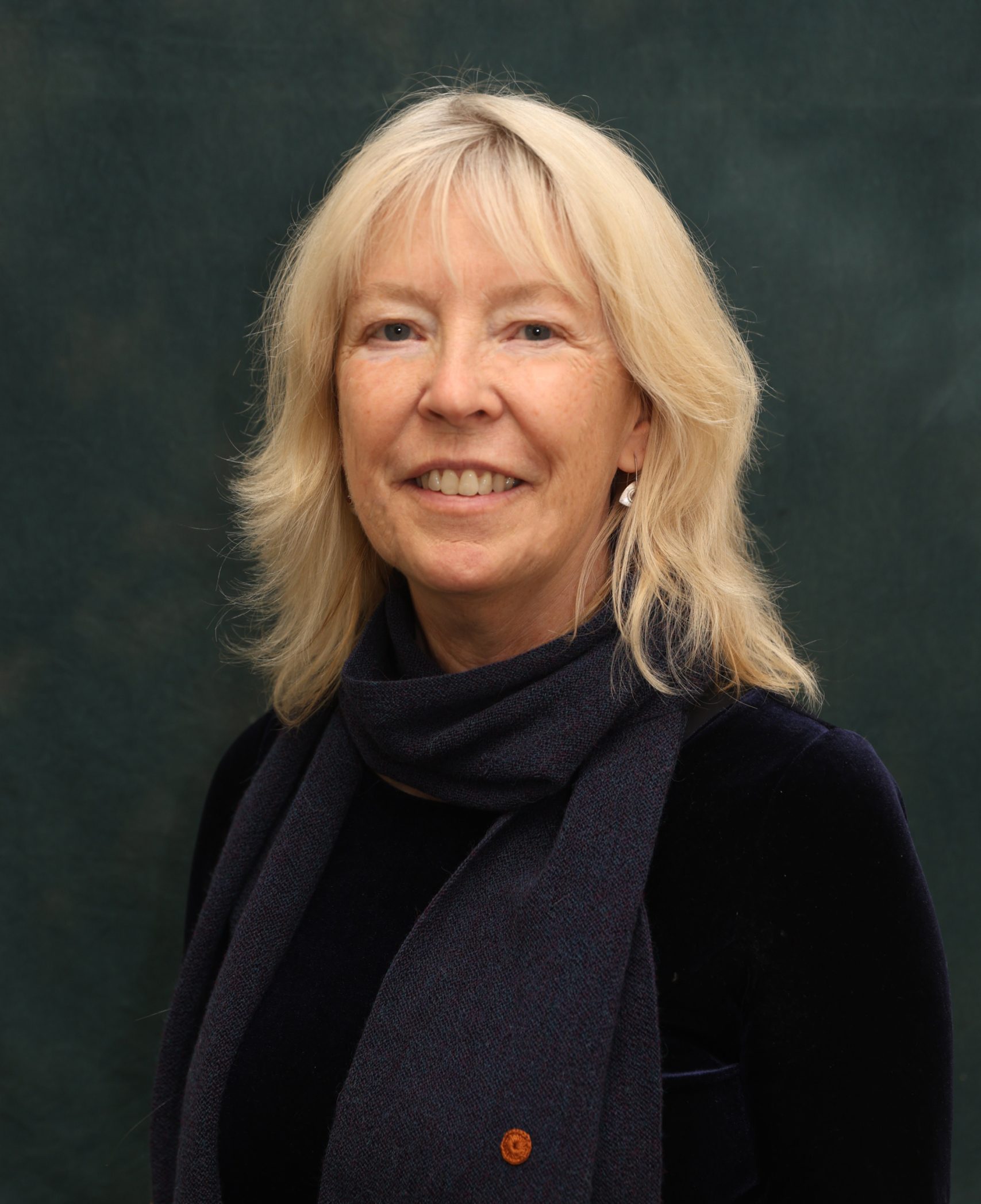With the many challenges impacting drinking water supplies in the region, PVPC staff is organizing to provide important services that can ensure long term health of drinking water sources. Services currently include:
Drinking Water
- Land Use & Environment
Overview
- Helping municipalities understand vulnerabilities in drinking water supply and actionable strategies on best solutions, including land conservation and land use controls that are more protective of supply.
- Building greater appreciation for the value of drinking water supply through education and outreach to local leaders and water customers. This enables everyone to better understand the work and cost of bringing fresh and clean water to the tap.
- Recommending regulatory updates in municipal code that more adequately protect drinking water supply.
- Identifying current funding sources to help with local drinking water supply projects.
- Convening a community of practice roundtable for drinking water suppliers to share with one another in advancing approaches to key issues impacting their work.

Our region’s ability to thrive physically, socially, and economically is intimately tied to water and continued access to clean drinking water is essential.
In Western Massachusetts’ Hampden and Hampshire counties, drinking water is sourced and managed in a variety of ways.
- In more rural locations, many residents and businesses draw water from their own private wells tapped into either sand and gravel aquifers or sources deep in bedrock.
- Many communities operate and manage public water supplies through municipal operations or through water districts that operate somewhat independently of municipal operations. There are important differences also in whether supply is drawn from groundwater or surface water or purchased, there are also differences in size of operation.
- The largest source of water in Western Massachusetts, the Quabbin Reservoir, is managed by the Massachusetts Water Resources Authority (MWRA), serves Eastern and parts of Central Massachusetts, and only a few municipalities in the Pioneer Valley Planning Commission region. Of the 43 cities in Hampshire and Hampden counties, Chicopee, Wilbraham, and South Hadley Fire District #1 currently receive supply from the Quabbin.
Our capacity to protect drinking water over the long term can seem uncertain. Infrastructure in many places is undersized or aged with investments lacking, stories of contamination are often in the news, and greater extremes in the frequency of downpours as well as droughts are trending upward and creating problems. In addition, there is an increasing sense that regions such as Western Massachusetts could see an influx of population as people move to “higher ground” from climate change impacts in other locations.
PVPC is working with municipalities throughout the region to determine key pathways to improved protection of drinking water supply. This includes regulatory updates for improved land use controls, public education, and identifying land conservation projects to reduce drinking water supply vulnerability.
Let's Work Together

Patty Gambarini
Chief Environment Plannerpgambarini@pvpc.orgFeatured Projects
- Ongoing Projects
- Environment
- Pioneer Valley
- Completed Projects
- Environment
- Pioneer Valley
- Completed Projects
- Environment
- South Hadley